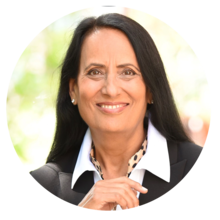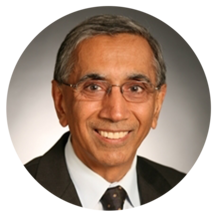About this Presentation
In our search for inherent simplicity we suddenly have a body of knowledge growing immensely to do that. The miscommunication of data: we have the system or reality I am trying to describe, predict, etc. I collect data and run statistics and provide a data summary as the description of reality. My boss creates a picture of the understanding of others in the organization of my description. Four different data sets are shown to produce the same statistics. What are the system implications of miscommunication (an unintended gap between my goal and the understanding of the system)? The gap between reality and perceived reality can cause bad actions. The Challenger disaster is discussed. The cloud concerning message variation (short versus long) is provided. A is Improve system, B Ensure everybody has all information necessary to make a good decision. This requires D Provide a large and detailed report. The other requirement is B Recognize time and resource constraints of people in the organization which requires D’ Provide an executive summary. The conflict is then between D Provide a large and detailed report and D’ Provide an executive summary. Effect-cause-effect logic and the cloud have proven powerful and easy to use thinking processes (TP) to simplify communications in business and personal life.
What Will You Learn
To help you get the most value from this session, we’ve highlighted a few key points. These takeaways capture the main ideas and practical insights from the presentation, making it easier for you to review, reflect, and apply what you’ve learned.

Understanding the goal of an analysis before starting it is crucial to ensure the analysis is focused and useful.
There are various ways to approach systems improvement, and inherent simplicity within these approaches is important.
Effective communication in data analysis and problem solving is crucial to avoid misunderstandings and undesirable effects.
Instructor(s)
Jennifer Eckman

Ms Alka Wadhwa
Alka Wadhwa is an experienced consultant and process improvement expert with over 24 years of expertise in the Theory of Constraints (TOC), Lean Six Sigma, and organizational performance optimization. She has successfully led projects in healthcare, financial services, and manufacturing, driving significant improvements such as a 67% boost in hospital operations and a 140% increase in outpatient visits.
Previously, Alka Wadhwa spent 17+ years at GE Global Research Center, where she led initiatives to enhance various GE businesses through advanced technologies, process redesign, and system optimization. Founder of Better Solutions Consulting, LLC, she specializes in using TOC, Six Sigma, and data analytics to streamline operations and build high-performance teams.
Her work has earned her multiple accolades, including the Empire State Award of Excellence in healthcare.

Dr Gary Wadhwa
Dr. Gary Wadhwa is a Board Certified Oral & Maxillofacial Surgeon with extensive experience in the field. He completed his Oral & Maxillofacial Surgery training at Montefiore Hospital, Albert Einstein College of Medicine in Bronx, NY, and has served as an Attending at prestigious institutions like St. Peters Hospitals, Ellis Hospital, and Beth Israel Hospital in NY. With a career spanning over two decades, he was the former CEO and President of a group specialty practice in NY from 1994 to 2015. Dr. Wadhwa holds an MBA from UT at Knoxville, TN, and has undergone additional training in System Dynamics at MIT, Health System Management at Harvard Business School, and Entrepreneurship and healthcare innovations at Columbia Business School. Committed to expanding access to Oral & Maxillofacial Surgery care, he is currently engaged in a meaningful project to provide healthcare services to underserved populations in inner city and rural areas through non-profit Community Health Centers.
